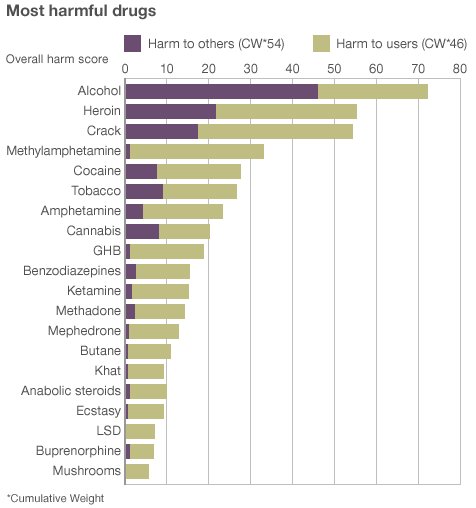Why is it that they always seem to come to a sensible conclusion only after they’re in a position to do anything about it?
A former Labour minister was rebuked by Ed Miliband’s office today after calling for a “grown-up debate” to consider legalising drugs on the grounds that prohibition has failed to protect the public.
Bob Ainsworth, the MP for Coventry North East, who previously served as a drugs minister in the Home Office and as defence secretary, has claimed that the war on drugs has been “nothing short of a disaster” and that it was time to study other options, including decriminalising possession of drugs and legally regulating their production and supply.
His comments were met with dismay by the party leadership, while fellow backbencher John Mann claimed that Ainsworth “doesn’t know what he’s talking about”.
The problem is likely that while you’re in power, if you step too far out of line with the orthodox view, you risk being pushed out of power. Even so, it’s nice to see that sometimes politicians can see the forest for the trees:
Ainsworth, who claimed that his departure from the frontbenches now allowed him to express his “long-held view” on drugs policy, is due to lay out his case later today at a debate in Westminster Hall.
He said his ministerial stint in the Home Office made him see that prohibition failed to reduce the harm that drugs cause in the UK, while his time as defence secretary with specific responsibilities in Afghanistan, “showed to me that the war on drugs creates the very conditions that perpetuate the illegal trade, while undermining international development and security”.






